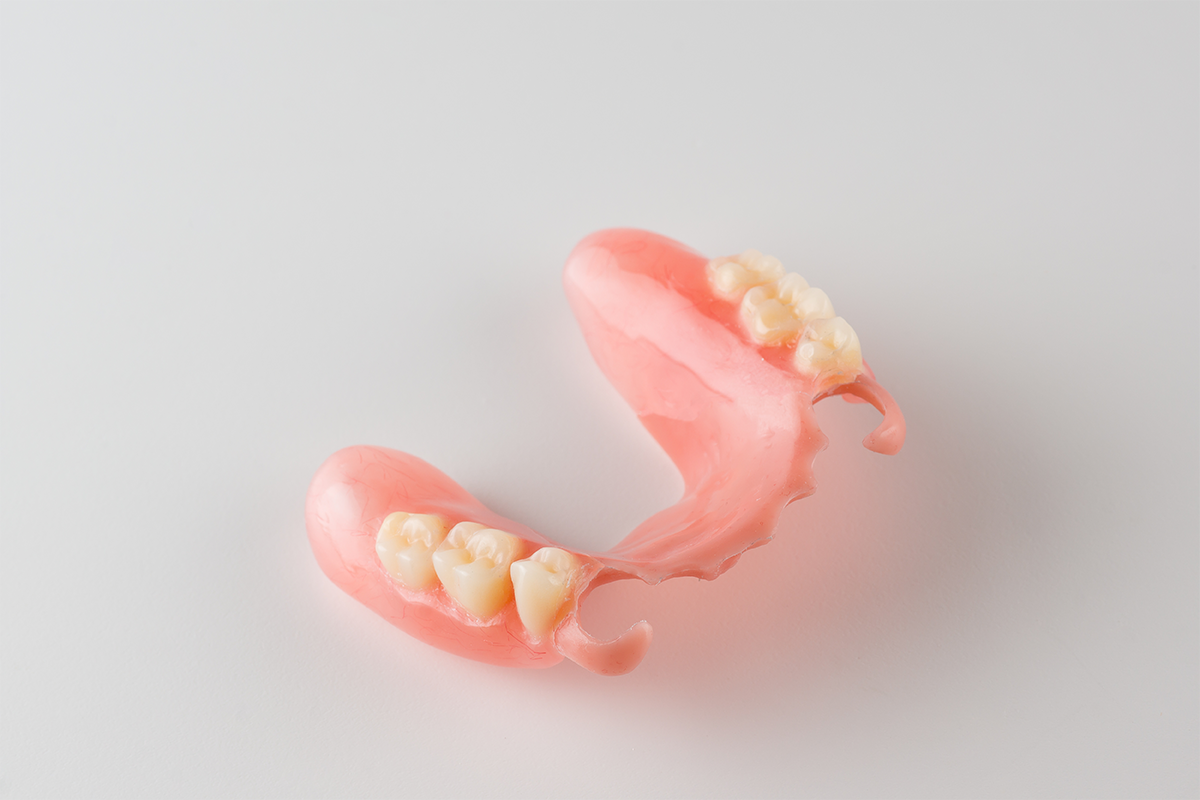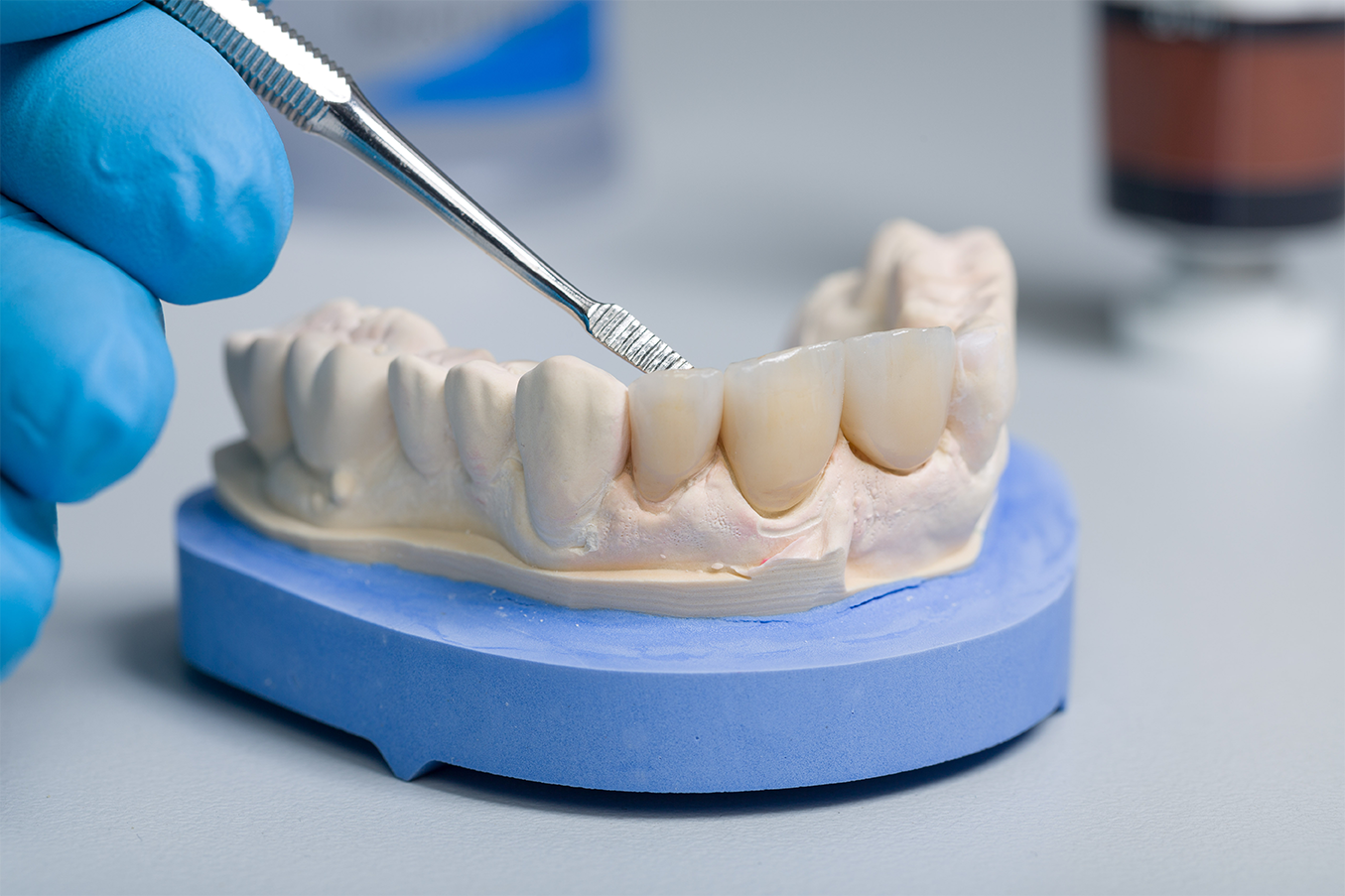What you need to know about Flexible Dentures
Have Always Wanted
little as £4/day.

Flexible dentures are a modern alternative to traditional dentures, offering comfort and a natural feel. They are particularly beneficial for those who find conventional dentures too rigid. In this guide, we will explore flexible dentures, their life expectancy, care and maintenance, and considerations for first-time users.
Description of Flexible Dentures
Flexible dentures are made from thermoplastic materials, allowing them to adapt to the contours of the mouth. They can be partial or full dentures and are typically less visible than other types, providing a comfortable fit.

Life Expectancy
Flexible dentures generally last around 5 to 10 years, similar to acrylic dentures. Their lifespan depends on usage and maintenance practices.
Care and Maintenance
To maintain flexible dentures:
- Gentle Cleaning: Use a soft toothbrush and mild soap to clean them.
- Soaking: Soak in a mild denture cleanser to keep them fresh.
- Regular Check-ups: Routine dental visits ensure they remain in good condition.
Replacement Indicators
Watch for these signs that it may be time to replace flexible dentures:
- Discomfort: If they become uncomfortable or irritate your gums, replacement may be necessary.
- Visible Wear: Look for thinning or cracks.
- Fit Changes: If they shift or feel loose, consult your dentist.
Considerations for First-Time Users
For those new to dentures, flexible options are ideal for individuals with allergies or those requiring a softer fit due to bone density issues. Their adaptability makes them suitable for those with fragile mouths or gums.
Fitting and Creation Process for Older Patients
The fitting and creation process for flexible dentures typically involves:
- Initial Consultation: Some time in the chair for examinations and impressions is usually necessary.
- Modern Imaging Techniques: X-rays and 3D imaging are used for precise fittings, minimizing time spent in the dentist’s chair.
- Adjustment Appointments: Follow-up visits are often needed to ensure comfort and fit.
Pros and Cons
Advantages:
- Comfortable and lightweight.
- Aesthetically pleasing.
Disadvantages:
- Can be more expensive than acrylic options.
- Requires specific care to maintain their shape.
Other helpful resources:
You may also be interested in finding additional information for your situation, whether you are a young person looking to replace a lost tooth or in your late 40’s and 50’s or a patient of more advanced years, Whites Dental can offer support, guidance and advice on the best treatments for you. We would recommend that you arrange a consultation, which is free to discuss your concerns directly or get in touch with our dental teams at either of the two central London clinics – Waterloo and Marble Arch.
Metal Dentures – Acrylic Dentures – Oral Health and Menopause – Dentural Solutions – Facial Sagging and Asymmetry – Cosmetic Dentist – Teeth Whitening
Learn more about getting dental implants
For emergency and same day appointments emergency dentist central London trust Whites Dental team
Learn more about our clinics and hygienist appointments


